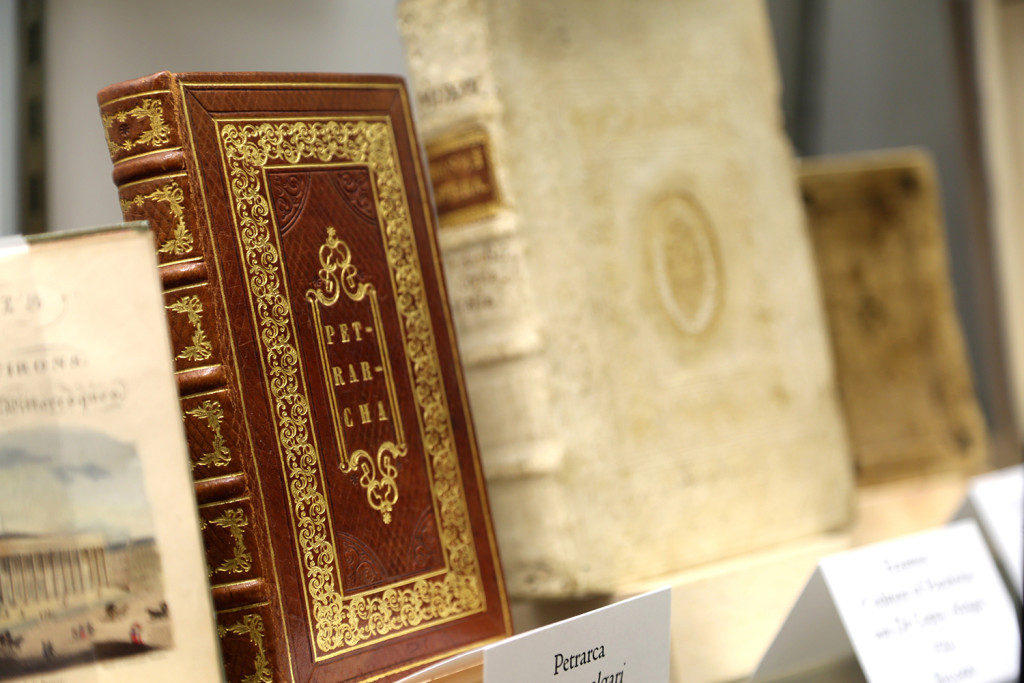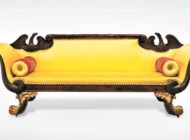VICTORIA, CANADA — Antiquarian booksellers triumphantly united against bookselling giant AbeBooks this week after the retail platform said it was going to drop five countries from selling on the platform. Aghast at the company’s decision, more than 600 booksellers from 27 countries pulled more than 4 million titles from the website’s inventory in what they dubbed “Banned Booksellers Week.” AbeBooks, which is owned by Amazon, relented after only two days, reversing their decision and apologizing for it.
Conflict arose when AbeBooks issued a statement in October saying they were going to drop all sellers from South Korea, Hungary, Poland, the Czech Republic and Russia without any further explanation. Once word crept around and a further explanation demanded, the company released a statement that said, “our third-party payment service provider is closing at the end of the year.”
That was not a good enough excuse for booksellers all over the world, who remain a tight-knit community. The company faced a deluge of criticism, including from major bookselling organizations such as the London Antiquarian Booksellers’ Association, which pledged to drop AbeBooks as a sponsor of its 2019 book fair.
Meanwhile, the Antiquarian Booksellers’ Association of America (ABAA) remained neutral on the issue before and during the protest, releasing a statement saying, “While the ABAA acknowledges Abe’s authority to manage its subscriber base, the Association was dismayed at the seemingly abrupt and peremptory manner in which this authority was exercised.”
According to the New York Times, “The matter was apparently resolved when Sally Burdon, an Australian bookseller who is president of the International League of Antiquarian Booksellers, spoke with Arkady Vitrouk, chief executive of AbeBooks. In a Wednesday email to her members after their talk, Ms Burdon said Mr Vitrouk apologized for the platform’s behavior ‘a number of times’ and said booksellers in the affected countries would not be dropped as scheduled on Nov. 30.”
“I share my colleagues’ relief at a speedy resolution to the issue, and Abe’s decision to allow the booksellers in the Czech Republic, Hungary, Russia, Poland and South Korea to able to continue business on the Abe platform,” ABAA president Vic Zoschak told Antiques and the Arts Weekly.
“I think this particular issue, and its resolution, has brought the two parties closer together, with a greater appreciation of each sides’ concerns,” Zoschak continued. “Time will tell whether my view is accurate.”
Flares between dealers and online selling platforms have popped up regularly in recent years. A dealer-led protest against antique and art retail platform 1stDibs in 2016 came after an increase in seller fees. It remains to be seen if the success of the antiquarian booksellers will alter the discourse between dealers and selling platforms moving forward.





